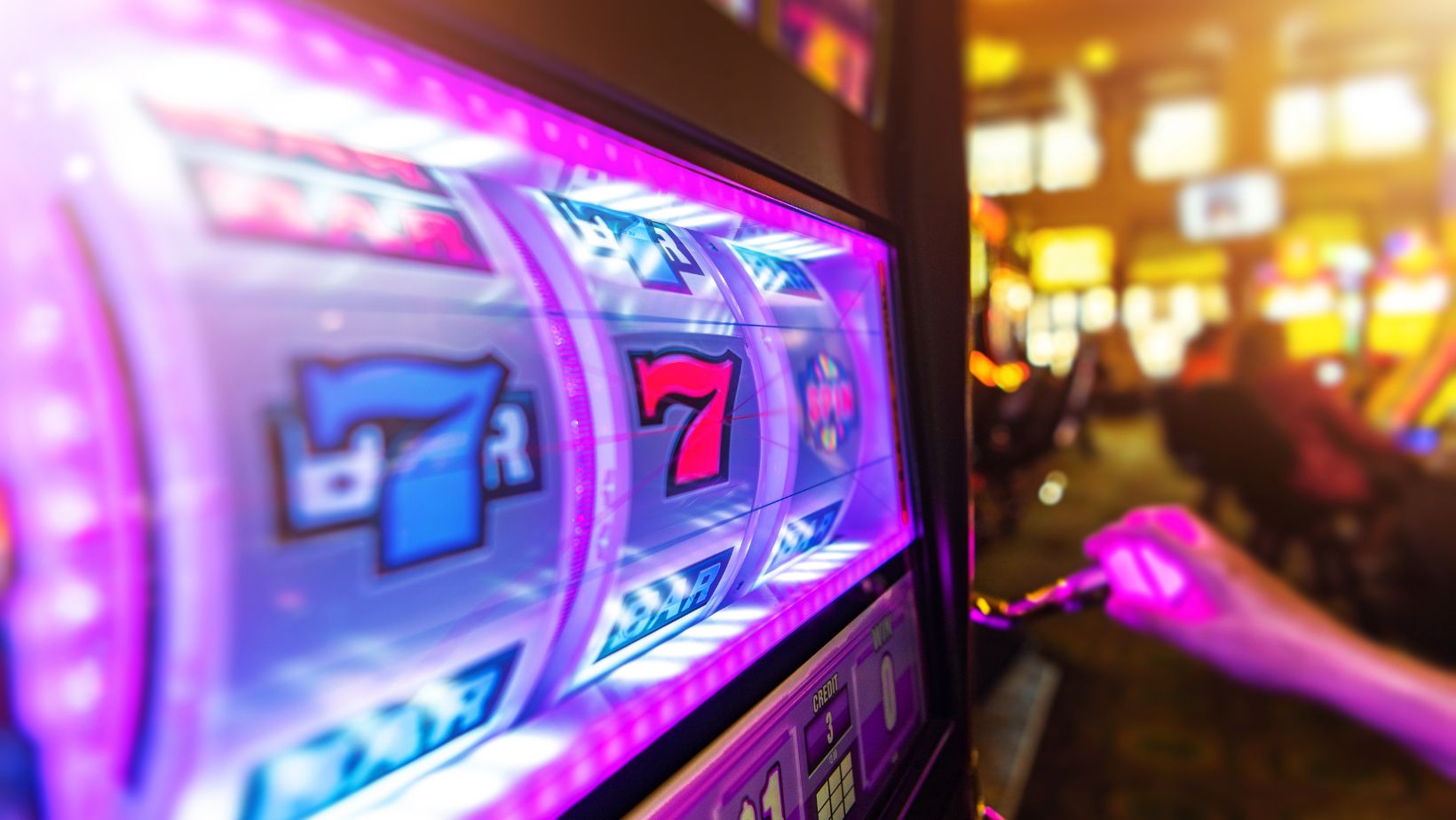
When we think of casino games, our minds often jump straight to chance and luck—spinning reels, dealing cards, and placing bets with fingers crossed for a win. But beyond the thrill of risking money, casino games engage more cognitive processes than most people realize. Süperbahis offers a prime example of how these games go beyond pure luck, requiring players to apply strategy, probability assessment, and psychological insight. Far from being purely chance-based, many casino games tap into deep psychological and mental strategies, offering a complex blend of skill and entertainment that engages the brain in fascinating ways.
The Psychology of Decision-Making
One of the most intriguing aspects of playing casino games is the decision-making process that comes with every spin, roll, or bet. Even in games heavily driven by chance, like roulette or slot machines, players are forced to make decisions based on odds, risks, and potential rewards. This taps into our cognitive ability to calculate probabilities and manage risk, skills that are critical not just in gambling but in everyday life.
Casino games also trigger a psychological phenomenon known as the “illusion of control” – the belief that a player can influence the outcome of a game that is, in reality, governed by chance. This can be seen in games like craps, where players feel they can control the dice rolls, or in blackjack, where players can employ strategies like card counting to improve their odds. While this may sound negative, it’s a reflection of the brain’s desire to find patterns and exert control, making the gaming experience all the more engaging.
Memory and Strategic Thinking
Games like poker and blackjack are less about luck and more about strategic thinking and memory. These games demand that players remember past moves, keep track of their opponent’s actions, and adjust their strategies accordingly. In fact, professional poker players often attribute their success not just to their card skills but to their ability to read human behavior – identifying tells, understanding betting patterns, and controlling their own emotional responses.

This element of “strategic foresight” is where cognitive skills really shine. The brain is constantly working, processing information, and deciding how to best proceed based on the limited information at hand. The ability to weigh long-term versus short-term gains, and knowing when to take a calculated risk, is crucial not only in poker but in many life situations, from business decisions to personal finance.
The Role of Dopamine: Rewards and Learning
From a neuroscience perspective, the brain’s reward system plays a huge part in why casino games are so engaging. The release of dopamine – often dubbed the “feel-good” chemical – occurs when players experience wins, whether big or small. This reaction reinforces the behavior, encouraging the player to continue, even after losses, because the brain remembers the excitement of winning.
Interestingly, studies have shown that even near-misses (spinning two out of three winning symbols on a slot machine) trigger dopamine release, tricking the brain into feeling like it was “close” to winning. This makes the games even more addictive, as the brain craves that sense of reward, fueling a cycle of continuous play.
Cognitive Flexibility and Multi-tasking
In fast-paced games like baccarat or even sports betting, players must be able to adapt quickly to changing situations. This requires cognitive flexibility – the brain’s ability to switch between thinking about different concepts, or to think about multiple concepts simultaneously.

Players must constantly re-evaluate their strategies, adjusting their bets or decisions based on new information.
For example, in sports betting, there’s often a flood of data – injury reports, team performance, weather conditions – that all need to be considered before placing a wager. The ability to sift through these variables and arrive at a sound decision reflects the mental agility that these types of games demand.

